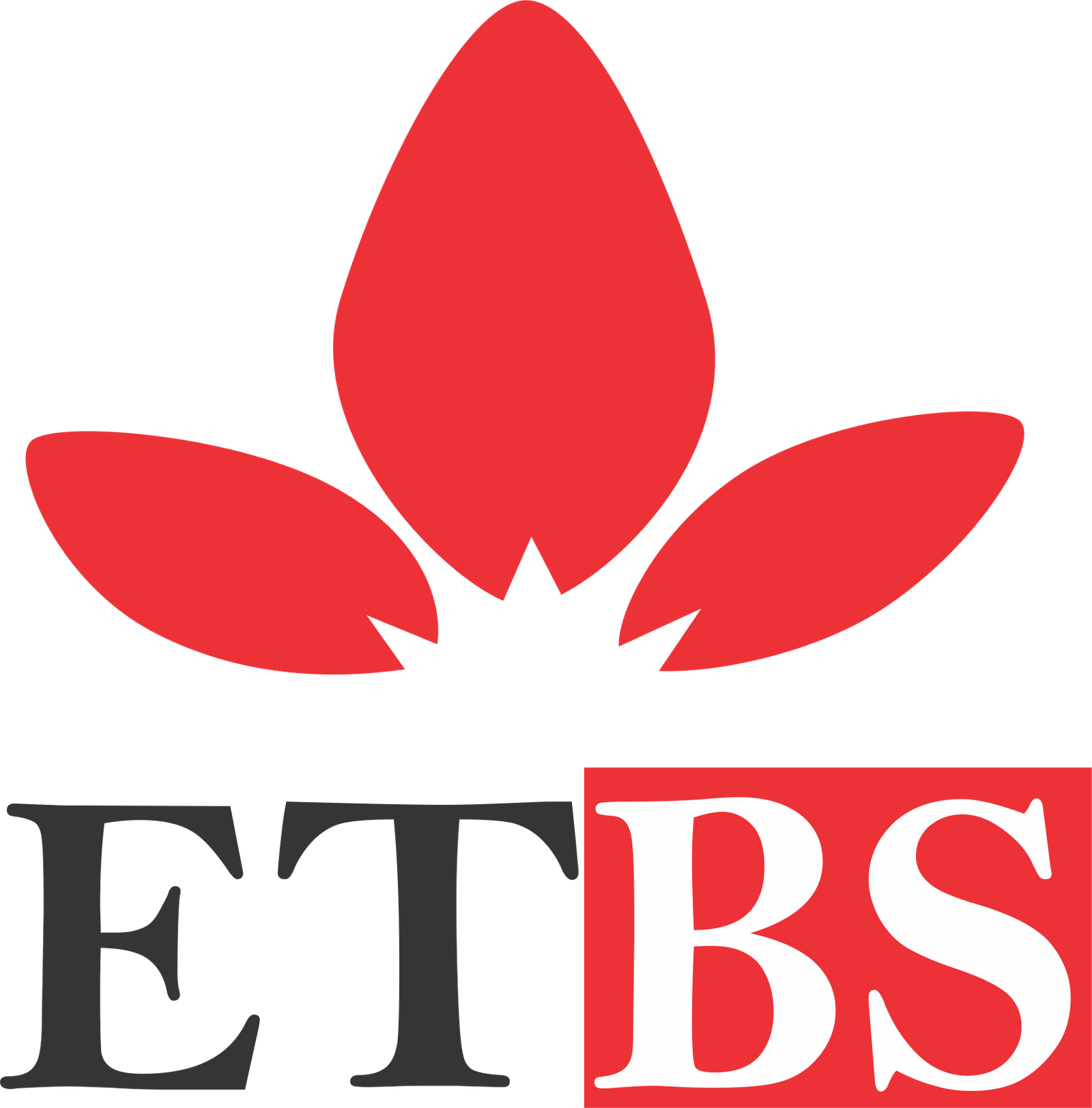 EarthTab Business School
EarthTab Business School
☰
|

COURSE TITLE: MARKETING FOR SMALL BUSINESSES AND STARTUPS Welcome to EarthTab Business School. My name is Olivia Thomas, and i will be your preceptor for the course, Marketing For Small Business. This course, Marketing for Small Businesses and Startups, is designed as a comprehensive, advanced, and multi-dimensional exploration of how marketing principles, strategies, and tools can be effectively applied in the unique contexts of emerging ventures, micro-enterprises, small firms, and new market entrants. Unlike established corporations with expansive budgets, brand recognition, and institutional systems, small businesses and startups often operate with limited resources, constrained cash flow, smaller teams, and volatile market positioning. For these reasons, their marketing efforts must be creative, highly targeted, cost-efficient, and strategically aligned with immediate survival goals while also preparing for long-term growth. The course does not merely present marketing as advertising or promotion but rather as a holistic business function that integrates customer psychology, product innovation, competitive positioning, branding, communication, digital transformation, and relationship management. It emphasizes that marketing in small businesses is not optional but the lifeblood of entrepreneurial sustainability. Without it, the best products or services remain invisible to the intended audience, and competitive advantages collapse under the weight of obscurity. The course begins by establishing the distinct realities faced by small enterprises and startups compared to large corporations. It recognizes that marketing strategies designed for multinational corporations cannot be directly transplanted into smaller ventures. Instead, micro-strategies, grassroots marketing, low-cost visibility tactics, and relationship-driven growth often define success. The realities of limited budgets, inconsistent cash flow, and market skepticism toward new entrants demand innovative, guerrilla-style, and highly resourceful approaches. You are exposed to market entry barriers, customer acquisition difficulties, local competition pressures, regulatory challenges, and the digital economy’s disruptive forces. By framing these conditions, the course demonstrates that effective marketing is not just about selling, it is about creating trust, legitimacy, visibility, and loyalty in an environment where skepticism often outweighs credibility. Marketing begins with clarity of purpose, mission, and vision. Startups often rush into execution without clearly defining their brand essence, resulting in confused messaging, diluted identity, and wasted resources. This course ensures that participants understand brand DNA, unique value propositions (UVP), and market positioning as the anchors of all other strategies. Small businesses must learn to conduct lean market research, tapping into low-cost yet effective methods such as surveys, focus groups, competitor audits, social media listening, and customer interviews. Unlike large corporations that commission expensive research firms, startups must rely on scrappy intelligence-gathering tactics that still yield actionable insights. A major emphasis is placed on branding as the differentiator. Without strong branding, startups become invisible in crowded markets. Branding goes beyond logos and color schemes; it encompasses identity, tone, reputation, culture, and the promise of consistent value. The course unpacks how small firms can build authentic, story-driven brands that resonate emotionally with customers. Storytelling becomes a key focus, teaching that people connect with the founder’s journey, the struggle, the mission, and the transformation offered. A strong narrative can amplify trust even when financial muscle is absent. Because small firms cannot afford wasteful spending, marketing channels must be selective, measurable, and scalable. The course dives deep into traditional, digital, and hybrid channels, analyzing cost-effectiveness, scalability, and return on investment. Traditional marketing: Local events, flyers, posters, community sponsorships, word-of-mouth, networking, and referral incentives. Digital marketing: Social media, email campaigns, influencer collaborations, SEO, content marketing, Google Ads, and pay-per-click advertising. Hybrid approaches: Pop-up shops, local online marketplaces, partnerships with other small businesses, and cross-promotional campaigns. Particular attention is given to digital-first strategies, since startups increasingly rely on Instagram, Facebook, TikTok, LinkedIn, and YouTube as primary visibility tools. You are trained on content consistency, algorithmic trends, storytelling in posts, and engagement analytics. Unlike large corporations that operate on economies of scale, small businesses thrive through relationship intimacy. The course emphasizes the importance of customer-centric marketing, focusing on deep personalization, feedback integration, and community building. Entrepreneurs are shown how to segment markets, identify early adopters, and build loyalty loops. Special focus is placed on retention vs. acquisition strategies, since retaining a loyal customer costs far less than continually chasing new ones. The course unpacks CRM tools, loyalty programs, after-sales service, and community engagement practices that help startups build sustainable customer bases. The digital economy has transformed the marketing landscape, leveling the playing field between large and small businesses. The course dedicates significant space to digital-first marketing strategies tailored for resource-limited firms. Topics include: Social Media Marketing (SMM): How to build organic growth on low budgets. Search Engine Optimization (SEO): Techniques for improving visibility with minimal ad spend. Email and WhatsApp Marketing: Cost-efficient direct communication. Content Marketing: Blogs, videos, podcasts, and infographics as tools of thought leadership. E-commerce Integration: Selling via Shopify, WooCommerce, Jumia, Konga, or social media stores. The digital section also integrates analytics-driven decision making, teaching participants how to measure engagement, track KPIs, monitor conversion funnels, and adjust campaigns in real time. Startups often lack advertising budgets, so guerrilla marketing emerges as a powerful strategy. This course trains you to leverage creativity, surprise, and virality instead of money. Real-world examples of viral stunts, unconventional campaigns, humor-driven content, street-level activations, and community-driven advocacy are dissected to show how small firms can achieve disproportionate visibility. No startup grows in isolation. This course highlights strategic alliances, co-branding, B2B partnerships, cross-promotions, and community networks as powerful marketing extensions. By leveraging the reputation and resources of others, small businesses can expand their reach exponentially without incurring unsustainable costs. Finally, the course prepares you for scalability and sustainability. Marketing that works for a two-person startup will not suffice for a growing company with a larger customer base. Participants learn to transition from scrappy guerrilla campaigns to structured, professionalized marketing operations. The scaling modules cover: Budgeting and reinvesting in marketing. Building in-house vs. outsourced marketing teams. Expanding beyond local markets into regional/national/global markets. Advanced brand reputation management. Using technology (AI, automation, CRMs) for efficiency. The course concludes with real-world simulations, case studies, and project work where learners design, test, and present integrated marketing plans for hypothetical startups or their own ventures. The capstone ensures you leave not just with theoretical knowledge but also with practical, actionable strategies. In summary: This course is extremely broad, deeply practical, and academically robust, positioning marketing not as a luxury but as a survival strategy for small businesses and startups. It balances strategic depth, tactical innovation, and operational clarity, equipping you with both the theory and practice to thrive in competitive markets with limited resources. I look forward to congratulating you upon completion of this course.Course Overview
1. The Context of Marketing for Small Businesses
2. The Foundations of Marketing in Emerging Ventures
3. Branding for Startups and Small Firms
4. Marketing Channels for Small Businesses
5. Customer-Centric Marketing in Startups
6. The Digital Marketing Imperative
7. Guerrilla Marketing and Low-Cost Innovation
8. Networking, Partnerships, and Collaborations
9. Scaling Marketing Strategies as the Business Grows
10. Capstone Focus

Unlocking Professional Potential through world-class assessments and industry-ready training.
"Empowering Professionals through practical, accessible online business education"
- Blessing Princess Agho
 Founder/Lead Instructor
Founder/Lead Instructor